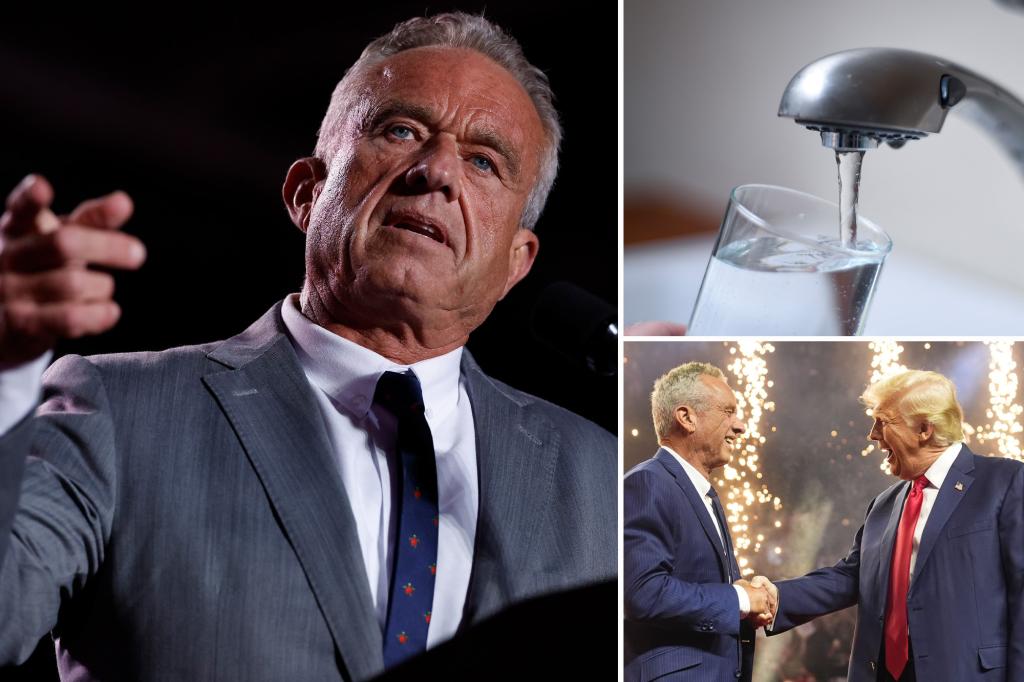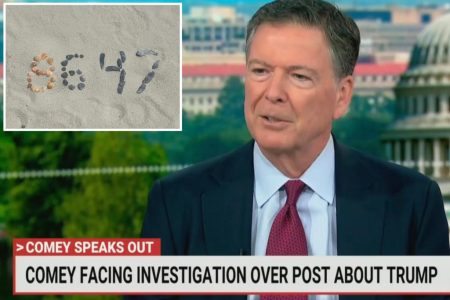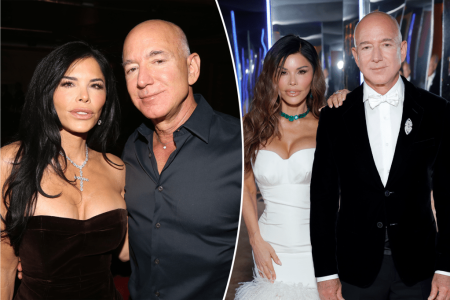Robert F. Kennedy Jr. has predicted that if Donald Trump wins the presidency, the White House will advise US water systems to remove fluoride from public water sources. Although Trump did not directly confirm this claim, he indicated that it was acceptable to him. Despite the controversy surrounding the safety and benefits of fluoride, many scientists and public health organizations, such as the Centers for Disease Control and Prevention, believe that fluoride can reduce tooth decay. However, there are concerns about the ingestion of excess fluoride, which can lead to health issues.
In a controversial move, Kennedy asserted that fluoride is an “industrial waste” associated with various health problems such as bone cancer, IQ loss, neurodevelopmental disorders, and thyroid disease. Research conducted by the National Toxicology Program Monograph found a link between higher levels of fluoride and lower IQ in children. Despite the benefits of fluoridation and the decline in cavities, long-term exposure to excessive fluoride levels can result in skeletal fluorosis, posing risks such as weaker bones in the elderly and joint stiffness.
Kennedy, who is known for his skepticism towards vaccines and clashes with public health officials, hinted at a potential role in a future Trump administration overseeing public health agencies such as HHS, CDC, FDA, and NIH. However, the campaign transition co-chair dismissed the idea of Kennedy serving as the Secretary of Health and Human Services, fearing bipartisan resistance in the Senate. Kennedy expressed a desire to access more data from public health agencies on topics like vaccines, prompting speculation about his involvement in vaccine-related policies.
Despite uncertainties about the specific role Kennedy may play in a Trump administration, Trump acknowledged his talent and expertise in public health issues. Trump has expressed his reluctance to involve Kennedy in handling energy policy due to concerns about his environmental stance. While Trump previously considered appointing Kennedy to chair a vaccine safety commission, it never came to fruition. Kennedy’s controversial views on vaccines and other public health issues have sparked debates within the medical community, raising concerns about public health policies and vaccine hesitancy.
As the potential for Kennedy to influence US public health policy grows, concerns about the impact on public health measures such as fluoridation and vaccination policies have emerged. The debate over the safety and benefits of fluoride, as well as Kennedy’s controversial claims about its health risks, highlight the complexities surrounding public health interventions and the role of influential figures in shaping health policies. Trump’s stance on Kennedy’s involvement in public health agencies and policies reflects broader concerns about the intersection of politics, science, and public health in shaping the future of healthcare in the US.















